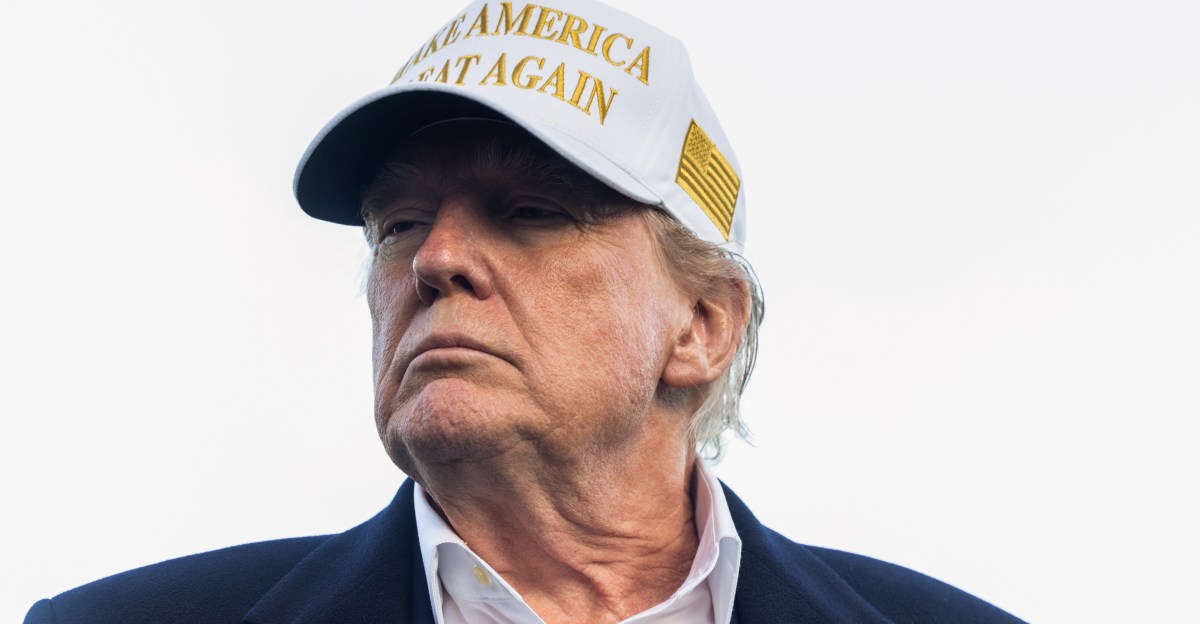Climate Crusaders: Federal Scientists Battle Ignorance in Heated Policy Showdown
Science
2025-04-25 14:00:48Content
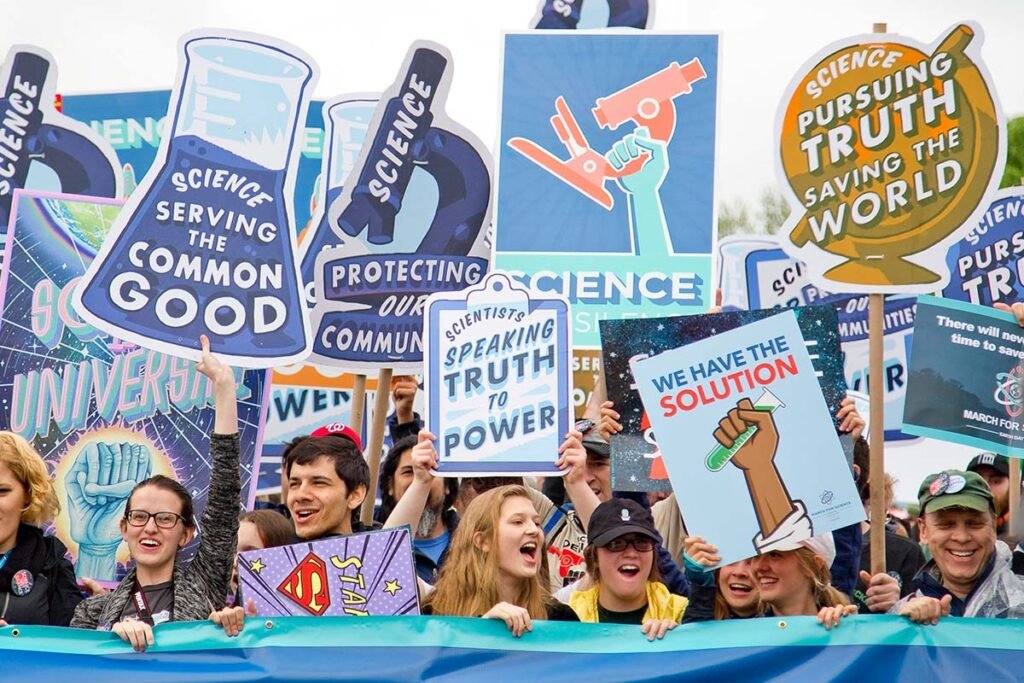
The Rising Tide of Science Denial: When Skepticism Becomes Dangerous
In the complex landscape of modern discourse, climate change skepticism reveals a troubling undercurrent: a deepening distrust of scientific expertise and rational knowledge. What was once a marginal perspective has now evolved into a mainstream challenge to intellectual authority.
This erosion of scientific credibility isn't a sudden phenomenon, but a gradual transformation within American society. What makes the current moment particularly alarming is the accelerating pace and intensity of this anti-intellectual trend. Where once scientific consensus carried weight, we now witness a growing movement that dismisses expert analysis as mere opinion.
The roots of this skepticism run deeper than climate change itself. They reflect a broader cultural shift where personal beliefs are increasingly valued over empirical evidence. Social media echo chambers and polarized political landscapes have further fueled this dynamic, creating environments where emotional arguments trump scientific reasoning.
As our global challenges become more complex—from climate change to public health—this rejection of expertise poses a significant threat. It's not just about disagreeing with specific findings, but about undermining the very process of scientific inquiry that has driven human progress for centuries.
Understanding and addressing this trend requires more than presenting facts. It demands rebuilding trust, improving scientific communication, and reconnecting expertise with the lived experiences of everyday people.
The Erosion of Scientific Literacy: Unraveling America's Knowledge Crisis
In an era of unprecedented technological advancement, the United States finds itself grappling with a profound intellectual paradox. As scientific breakthroughs continue to reshape our understanding of the world, a growing segment of society increasingly dismisses expert knowledge, creating a dangerous intellectual divide that threatens the very foundations of rational discourse and informed decision-making.Challenging the Foundations of Rational Thought in Modern America
The Roots of Scientific Skepticism
The decline of scientific credibility represents a complex sociological phenomenon deeply embedded in the American cultural landscape. Historically, the United States has prided itself on innovation and intellectual curiosity, yet recent decades have witnessed a troubling transformation. Anti-intellectual sentiments have gradually eroded the public's trust in scientific institutions, creating a fertile ground for misinformation and conspiracy theories to flourish. Multiple factors contribute to this intellectual regression. Economic uncertainties, political polarization, and the democratization of information through digital platforms have paradoxically undermined expert knowledge. Social media algorithms and echo chambers reinforce preexisting beliefs, creating insular communities that reject empirical evidence in favor of emotionally resonant narratives.Educational Challenges and Systemic Barriers
The crisis of scientific literacy extends far beyond individual misconceptions. Fundamental weaknesses in the American educational system have systematically undermined critical thinking skills. Underfunded schools, inconsistent curriculum standards, and a cultural devaluation of scientific education have created generations increasingly disconnected from rational inquiry. Moreover, economic pressures have transformed educational priorities, often prioritizing vocational skills over comprehensive scientific understanding. This narrow approach produces graduates ill-equipped to navigate complex, nuanced scientific discussions, particularly in domains like climate change, public health, and technological innovation.The Political Weaponization of Scientific Doubt
Political ideologies have increasingly weaponized scientific skepticism as a strategic tool for mobilizing constituencies. By casting doubt on established scientific consensus, certain political actors manipulate public perception, transforming complex scientific debates into simplified, emotionally charged narratives. Climate change discussions exemplify this phenomenon. Despite overwhelming scientific evidence, political rhetoric continues to frame environmental challenges as ideological battlegrounds rather than urgent global problems requiring collaborative solutions. This deliberate misrepresentation undermines potential collective action and perpetuates dangerous misconceptions.Technological Disruption and Information Overload
The digital revolution has fundamentally transformed information consumption patterns. While technology promises unprecedented access to knowledge, it simultaneously creates information ecosystems that prioritize engagement over accuracy. Algorithmic recommendation systems often reward sensationalism, conspiracy theories, and emotionally provocative content over nuanced, evidence-based discussions. Social media platforms have become breeding grounds for misinformation, where unqualified individuals can rapidly disseminate pseudoscientific claims. The rapid spread of such content creates alternative reality bubbles, challenging traditional mechanisms of scientific validation and peer review.Rebuilding Scientific Trust
Addressing this multifaceted challenge requires comprehensive, strategic interventions. Educational reforms must prioritize critical thinking, scientific literacy, and media comprehension. Scientific institutions must develop more effective communication strategies that translate complex research into accessible, compelling narratives. Public engagement initiatives, interdisciplinary collaboration, and transparent communication can help rebuild eroding trust. By humanizing scientific research and demonstrating its tangible societal benefits, experts can reconnect with communities increasingly alienated from intellectual discourse. The path forward demands collective commitment—a renewed dedication to rational inquiry, evidence-based reasoning, and mutual understanding. Only through sustained, empathetic dialogue can society bridge the widening intellectual divide and recommit to the transformative power of scientific knowledge.RELATED NEWS
Science
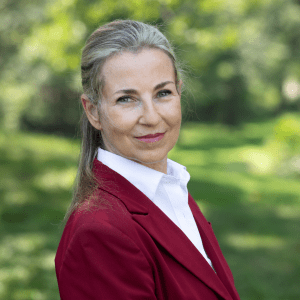
When Science Loses Its Credibility: Rebuilding Public Faith in Research and Health
2025-05-06 19:01:18
Science
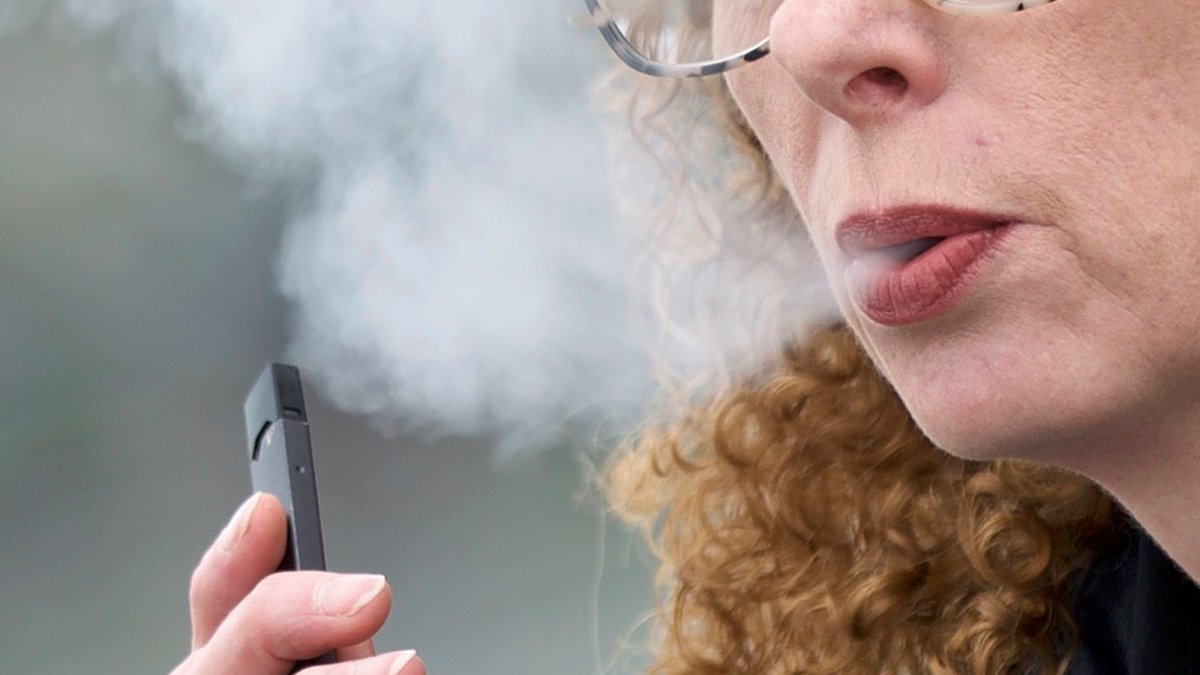
Vaping's Quit-Smoking Myth Busted: UCSD Researchers Reveal Surprising Truth
2025-03-05 18:49:06
Science
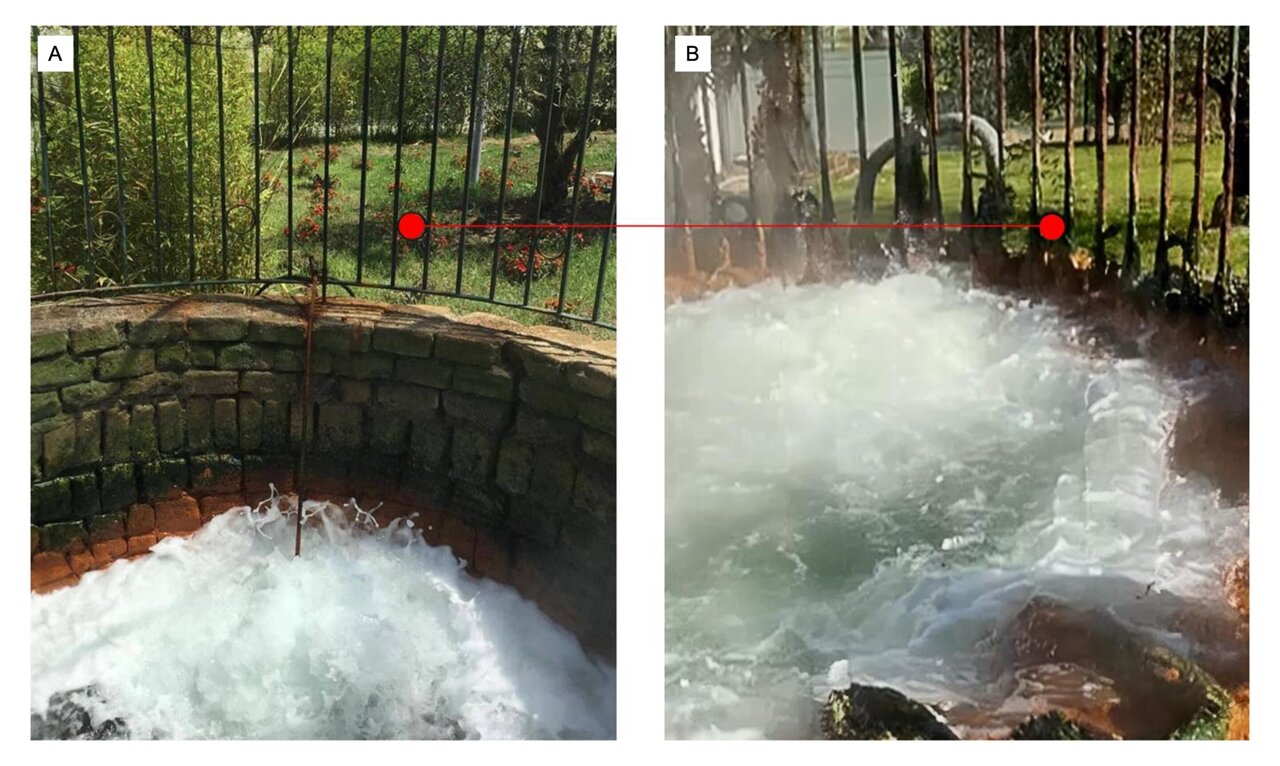
Volcanic Breakthrough: Experts Crack the Seismic Puzzle of Italy's Sleeping Giant
2025-05-02 18:00:01
